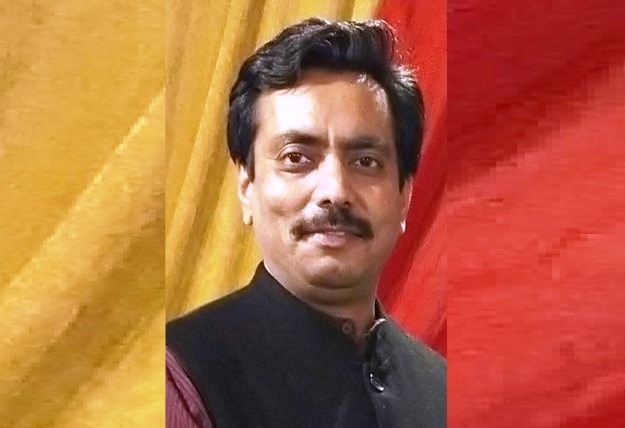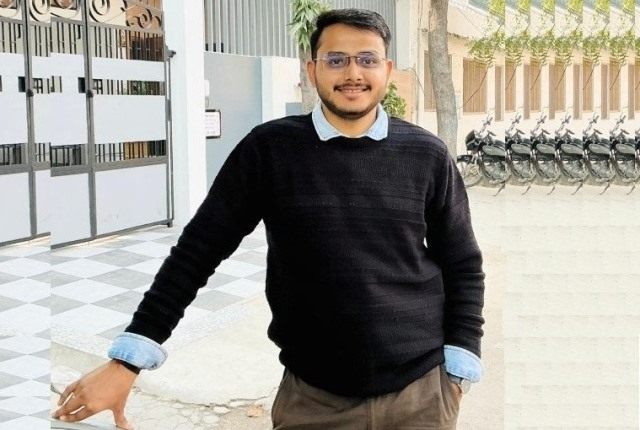
Election Commissioners Must Be Chosen With A Broad-Based Consensus
Raghvendra Kumar, an advocate in the Supreme Court, says for a democracy to thrive, its top constitutional posts must remain immune from influence and favouritism
The recent hearings in the Supreme Court in the matter of appointments to the Election Commission have triggered a discussion about whether more caution is required in the selection of its members. Or in plain words, doubt has been cast on whether Central Election Commission is prone to favouring the political executive of the day.
In the General elections held on the last few occasions, mostly on account of the long election schedule, the ostensible leniency in not chastising the ruling party during the election campaign, and doubtful conclusions of the election results in some cases have led some political observers and the opposition to believe that the Central Election Commission is likely to get compromised if the current process of appointment by the central government continues.
The unnecessary hurry in appointing a member of the Central Election Commission has also been taken note of by the Supreme Court Bench. Therefore, bringing reforms to the Central Election Commission has become pertinent.
We might remember that the political executive also did appoint TN Seshan, JM Lyngdoh, and SY Qureshi and they earned respect for the work done during their terms. Even prior to the Seshan era, it cannot be said with certainty that the CEC was tainted and worked in the favour of political masters of the day. In fact, the Indian election system, the process of election and the function of its Election Commission both at the Central and State level has been praised and adopted by many Asian and African democracies.
ALSO READ: Seshan – The Man Who Ate Politicians For Breakfast
Democracy survives in the minds of the people. The more transparent its functioning is the more trust it generates among its subscribers. A healthy democracy must evolve its systems, time and again to make it more transparent, accountable and robust. That alone will rid it from the dangers of opaqueness and favouritism.
What must be done is to make the Constitutional appointments immune from influence and bias of the constituents by making it broad-based consensual process. There should be openness in selection process so the appointees are insulated from influences with fixed terms of appointments without extensions and their functioning. While their financial and functional independence is important, they must be made accountable to a multi-party parliamentary disciplinary committee with appropriate penal provisions only.
The Supreme Court did suggest inclusion of the Chief Justice of India in the process of appointment of the members of the Commission. For a long-term measure a “National Commission for Appointment to Constitutional Posts” including the Judiciary as well could be a beginning in right direction. The appointment process can of course be initiated by the elected government of the day.
Let it be based in parliamentary system of ratification but the appointments must be made by a process that includes multiple political parties and prior consultation with the Chief Justice of India. Till this actually happens, it would be prudent that the functioning of all constitutional bodies including the Central Election Commission be examined by the judicial system, All possible loopholes must be plugged so that the process of governance should be free from any doubt of unfairness towards any of its stakeholders.
As told to Nityanand Gayen



